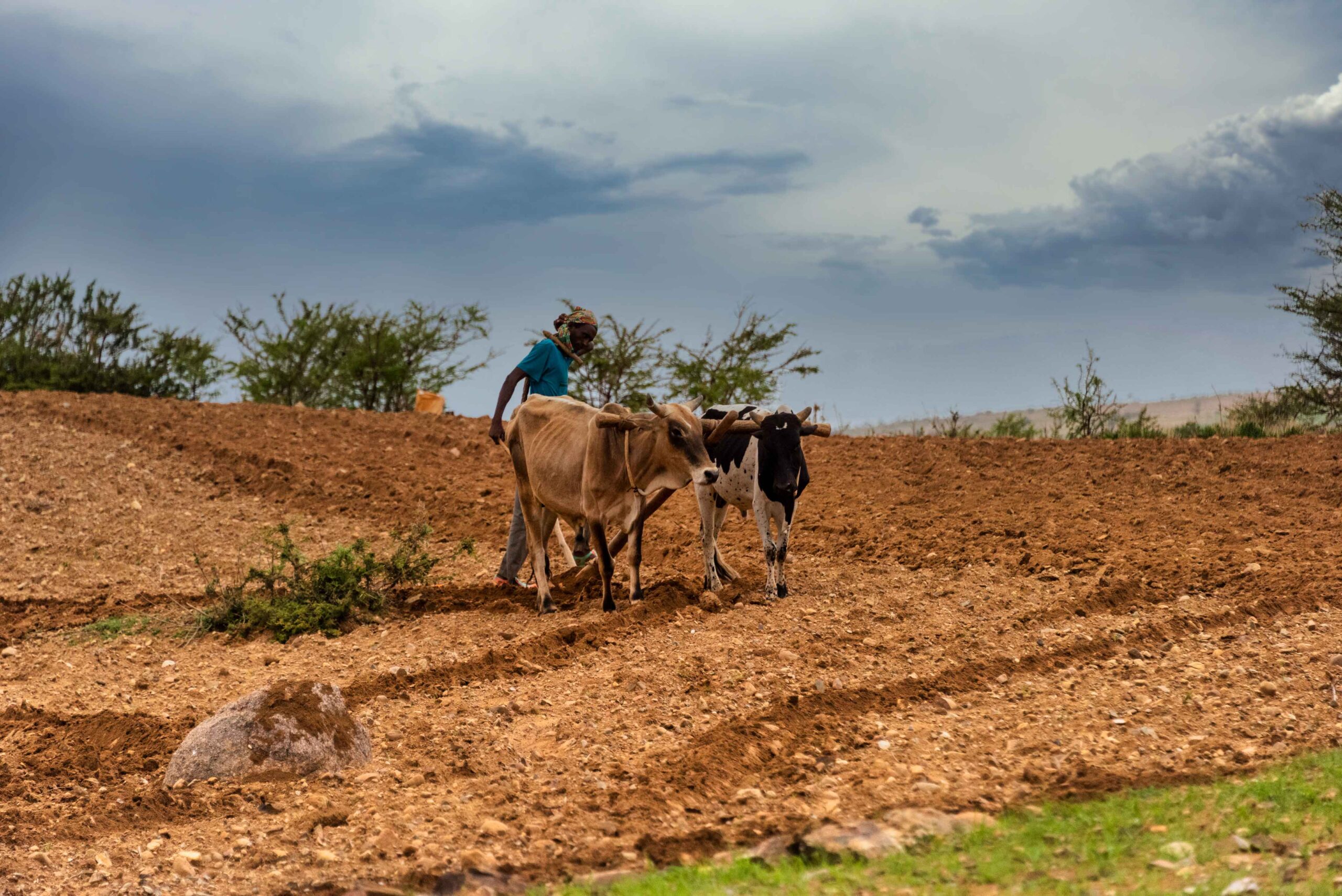The Health Implications of Climate Change in Nigeria: A Call to Action


Ibrahim Khalil Ja'afar
Dr. Ibrahim Khalil Ja’afar is a public health physician with a medical degree from the University of Maiduguri and a Master of Public Health from the University of Warwick. He specializes in global health issues in low- and middle-income countries. Currently, he is a Resident Doctor in the Department of Community Medicine at the University of Maiduguri Teaching Hospital. Dr. Ja’afar has extensive professional experience in clinical care, public health interventions, and research.





